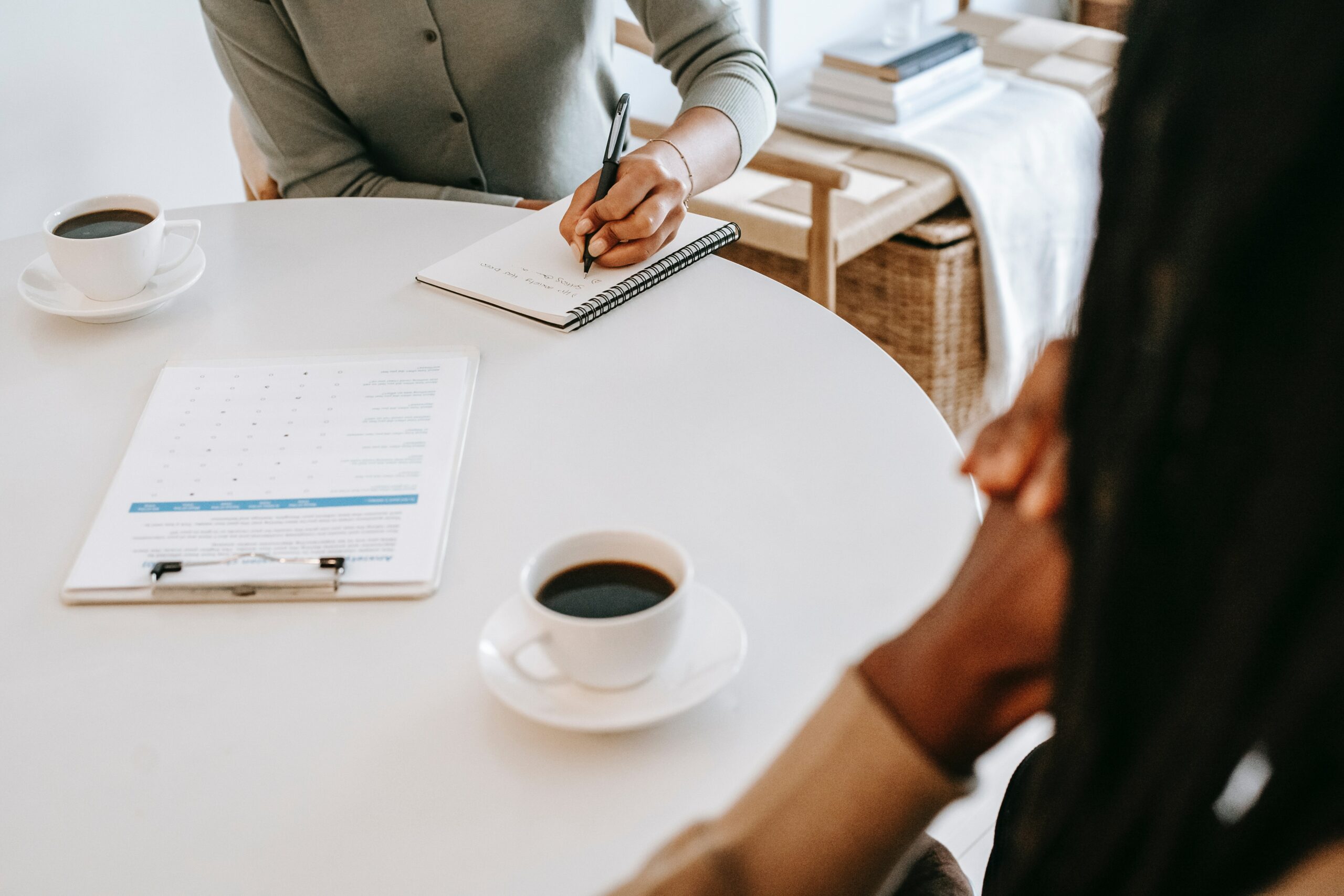Moritz F. Adam has recently commenced his studies as a doctoral candidate at the University of Zürich, where he is pursuing research in Hebrew Bible and Ancient Judaism, after having received his higher education in England. At this year’s session of ZuMUN, he is one of the chairs in the WIPO committee.
Moritz, what has brought you to Model United Nations when you started?
I first came to MUN when I was a schoolboy many years ago, when I was maybe 13 or 14 years old. My school in Oldenburg in North-West Germany was home to the largest MUN high school conference in Europe at the time. The good interested students went to that conference. I found politics very interesting and I loved to debate so I decided to participate. Bangladesh was the country I represented in a committee with 120 other delegates, discussing UN Peacekeeping Missions. Even though the committee was large and overwhelming, I really loved it. I joined the organizing team a year later and I’ve never looked back since. It has been a great journey.
You have obviously been doing this for a long time. How has MUN affected your life?
I think it has affected me on loads of levels. On the personal side, it has been a great journey because every time I got to meet interesting people. I’ve met some of my very best friends through MUN with whom I still go to conferences. We regularly travel to MUN conferences together, which has always been great. On the professional side, I’m essentially hoping to become an academic after I finish my doctoral studies. I’m trying to put arguments forward on ancient history or the history of Judaism. When putting forward arguments, defending them and presenting them as plausibly and as coherently as possible I essentially need to debate. Having this sort of microcosm every now and then when I attend a conference, I get to revisit that and it gives me an opportunity to practice and enhance my skills. It helps me to get out of my comfort zone and go beyond the area I deal with in my everyday work life. For that purpose, it is really rewarding. My impression is that the more I did MUN the better I got at other things in life too, including my work.
What has been your favourite moment or moments in the conference?
My favourite moment personally, was the first evening when we got to meet our delegates. For a chair that is always the great unknown: Who is coming? Are they going to like what we prepared? Is it going to be a good group? In the end, it all stands and falls with the group and their dynamic. We had a lovely time playing a small escape room scavenger hunt where we explored Zürich. They were absolutely great, it was a blast. So, I’ve got a wonderful committee with which I am very pleased. Starting on that journey, getting to know each other in these small breakout rooms during the game was probably the time when I realized that it is going to be pretty great.
Are you pleased with the work that your committee did over the last couple of days?
I think they’ve done absolutely great. What is always intriguing in a committee is to see, what sort of dynamics there are. I think there were two different dynamics present. One is the great desire to reach a consensus. Maybe even overstressing the limits of where you can go with your position at times, which is something that people have to navigate quite carefully. We will see how that develops as the amendments come in. To see what the draft resolution in its amended form will look like is going to be very interesting. We haven’t had much controversy and consensus is a beautiful thing. It shows that people are coming together. However, a consensus is also something that if you overstretch yourself, then you might misrepresent what your country’s position is all about. I think the delegates are very cautious about that. We will see the details of their achievements in the hour to come.
Photo: Alex Green, Pex


Comments are closed.